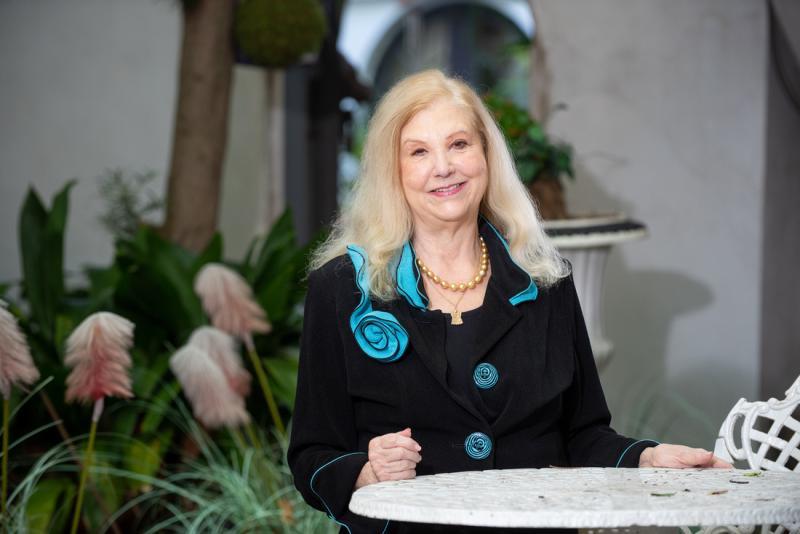Tulane Space Law Program launch set for Sept. 14
Who is liable when space debris lands on earth, causing damage? Can any nation claim ownership over a section of space? And what should healthcare look like beyond Earth's atmosphere? These and other pressing questions will be part of an event to officially launch Tulane’s Space Law Program on September 14.
The growing Space Law Program’s launch event will feature individual presentations and a panel discussion that will delve into the future of space law as the world begins to test how far we can explore into outer space.
The speakers include:
- Professor Jeanne Amy (L’16), trial attorney for the Department of Justice’s Aviation, Space & Admiralty Litigation section, and an instructor in the Tulane Space Law Program;
- Professor Wian Erlank, a space law and property law expert from the North-West University in South Africa, and also an instructor in the Tulane program;
- Dr. Danielle Carroll, President of the Space Surgery Association and former NASA Fellow, and the founder of Orbital Biodesign, LLC., a company that helps in the development of innovative technologies intended to support human health, both on Earth and in space
The event will be held in the Wendell H. Gauthier Appellate Moot Court Room 110 starting at 5 p.m., and will be followed by a reception in the MPR.
“We are so excited to showcase how Tulane is becoming a leader in space law. What makes Tulane so well-situated in this burgeoning area is our second-to-note expertise in admiralty law, international law, and comparative law,” said Interim Dean Sally Richardson. “Space is the next great commons and, much like the high seas, the law will turn to how all nations work in a global context to manage and regulate other commons to determine how space is governed in the future.”
Tulane’s Space Law Program was created with the generous gift of $1 million from alumna Darleen Jacobs (L’81) in 2022, who established the Judge S. Sanford Levy and Judge Anna Veters Levy Endowed Fund to be used exclusively to develop the program at Tulane.
Space law is primarily governed by the domestic and international laws that determine the use and exploration of outer space and is anchored in legal frameworks drawn from maritime law and the law of the sea. Tulane’s global leadership in these fields, as well as in international law and environmental law, position it uniquely to contribute to the study and development of space law.
The development of the program took flight this fall with two courses, one taught Professor Jeanne Amy (L’16), a trial attorney for the Department of Justice’s Aviation, Space & Admiralty Litigation section and a second one taught by Dar Wian Erlank, a space law and property law expert from the North-West University in South Africa.
Amy’s course is titled “Space Law: Jurisdiction and International Treaties,” which focuses on the five central space law treaties and examines the framework for how to answer questions of jurisdictional authority in outer space. Her first class last spring was so popular, it hosted a whopping 60 students.
Erlank’s course,” Space Law: Property, Tort, and the Environment,” builds on Amy’s course by exploring three interrelated areas impacting the future of space law: delict (tort), property, and the environment. In Erlank’s course, taking place now, students are learning about how tort law principles will apply in space when injuries occur, as well as how property rights apply in space with regards to both existing man-made objects, like satellites and spacecraft, as well as celestial bodies.


